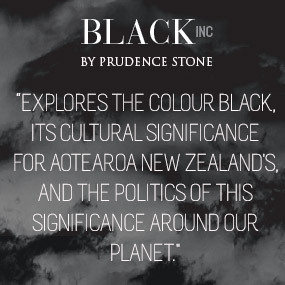Witi Ihimaera on Writers and the Conscience
Gisborne-born author Witi Ihimaera, 72, feels the real role of a writer is to become the conscience of the nation and that Indian writers have set a “fantastic example” by using literature to address issues concerning the mankind. Ihimaera, who was on his first visit to India, participated at the Mountain Echoes Literary festival in Bhutan where he visited the Royal Thimphu College and interacted with the young students there.
“To me, the most important role of a writer is to be the conscience of the nation and I am really moved that your writers are doing that. They are writing about climate change like Amitav Ghosh,” Ihimaera told the Press Trust of India.
Ihimaera became the first Maori writer to be published with his debut book Tangi that came out in 1973 and has since then penned 14 novels and 7 collections of short stories including Yellow Brick Road, Pounamu and The Whale Rider.
According to Ihimaera, who has also worked as a diplomat at the New Zealand Ministry of Foreign Affairs, literature must not be used only to draw attention towards issues of environmental collapse but also other concerns like gender discrimination, immigration.
While Indian writers have already began the drill here, he says he is attempting to do the same in New Zealand.
“I am modelling my own attempt to become the conscience of my nation on the fantastic example of Indian writers. The conscience must not only be in terms of environmental collapse but also in terms of the relationship between men and women, immigration issues and other global issues.”
Ihimaera’s latest book Maori Boy: A Memoir of Childhood won the general non-fiction prize at the 2016 Ockham New Zealand Book Awards.
Original article by Press Trust of India, Business Standard, August 30, 2016.














